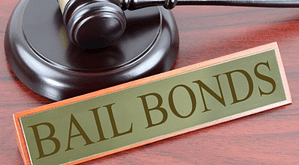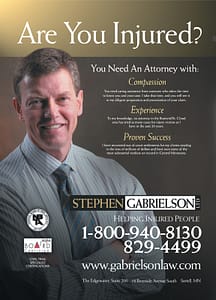When you get in trouble with the law, one of the important things you should find out is whether you are eligible for bail. Although you may be eligible for bail, sometimes you cannot afford it. Thus, it is where the services of a bail bondsman are required.
 You should note that bail bonds ensure that the defendant gets out of jail awaiting a court hearing. That is good because it allows the defendant to get back to his or her family, job, or life rather than spending time in jail. This allows the defendant to sort things if it seems that they will go to jail after the court date. The truth is that bail bonds are not an option for most people who get arrested.
You should note that bail bonds ensure that the defendant gets out of jail awaiting a court hearing. That is good because it allows the defendant to get back to his or her family, job, or life rather than spending time in jail. This allows the defendant to sort things if it seems that they will go to jail after the court date. The truth is that bail bonds are not an option for most people who get arrested.
Although the law requires that the bail should not be excessive, the total amount is more than what most people. In most instances, people have to use collateral. What can really be used as collateral for your bail bond? The truth is that it can take several forms. The following are some of the common possessions that can be used.
Real Estate
The use of the real estate as collateral for the bond can include a building or land, or any property that you or your family or even colleague is ready to offer. Real estate property that is owned by a bank or a property that you still owe mortgage is not acceptable. It needs to be the property you own or have a great percentage of equity.
Vehicles
Car titles and titles for recreational vehicles such as ATVs, RVs, boats, campers, trailers, motorcycles, and snowmobiles can also be used for bail collateral. The same way with real estate, it needs to be something you own and not something that you still owe payments to a creditor.
Bonds and Stocks
This is another option for the bail bond. They need to be guaranteed bonds and stocks. When the value of guaranteed investments exceeds that of the penal amount, the bonds and stocks can also be used as collateral. You need to sign over the legal ownership of stocks.
Valuables
Common valuables that are used for the collateral include precious metals such as gold or silver, jewelry, and even firearms. In this case, your bail bondsman ought to certify that the current value of the items is equal to the cost of the bail. Remember that if the defendant does not show up for court hearing, the valuables will be sold to get the money.

